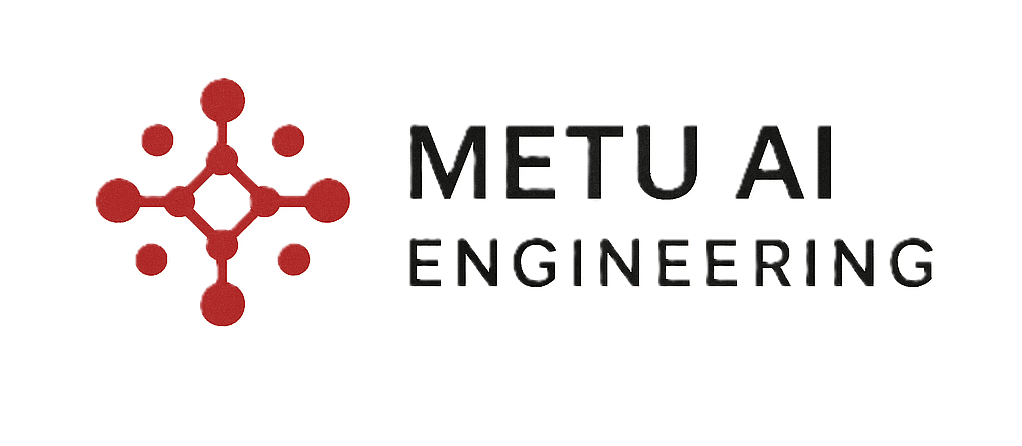Our Projects include the following:
ADEP-704-2024-11481: A Framework for Detection and Management of Technical Debt in AI projects
Apr 2025 – Apr 2027
This project aims to understand the causes and impacts of technical debt (TD) in artificial intelligence (AI) and machine learning (ML) projects, and to offer solutions to TD-related issues. The project consists of two phases. The duration of this project is 2 years.
In Phase 1, multiple exploratory case studies will be conducted to identify technical debt in machine learning and data science projects. The main objectives are to determine the sources of TD in projects, assess how much harm TD causes, and identify strategies to address these problems. In this context, interviews will be conducted with AI experts working at companies of various scales, both in Turkey and abroad. These interviews will provide valuable field data.
In Phase 2, building on the outputs of Phase 1, problems leading to technical debt in AI-based projects will be investigated. The rapidly increasing number of large language models (LLMs) can create hidden technical debt within companies. Additional TD may arise due to factors such as the costs associated with the use of LLMs, lack of awareness about regulations like the EU AI Act and standards such as ISO/IEC 42001. As there is a research gap on this issue, new multiple case studies will be conducted with companies using the findings from Phase 1 to develop solutions and address this gap.
TÜBİTAK 1001 (Pr. No: 124E655): A Process and Technical Debt-Oriented Approach for the Effective Management of AI-Based Software Development Projects
This TÜBİTAK-supported project focuses on identifying, managing, and preventing technical debt (TD) in AI-based software development (AI-SD) projects.
Our project aims to create a practical framework that helps companies detect and track technical debt throughout the AI system lifecycle, in alignment with the ISO/IEC 5338:2023 standard. Through a combination of systematic mapping between TD categories and software development processes, industry case studies and interviews, we are building tools and guides that will assist AI professionals in improving software development practices of AI systems.
A novel approach using Large Language Models (LLMs) and Retrieval-Augmented Generation (RAG) is introduced to automate and enhance the creation of TD process guidelines. The results will support AI teams in making proactive decisions by enhancing TD management in AI-based solutions and improving the maintainability of AI systems.
